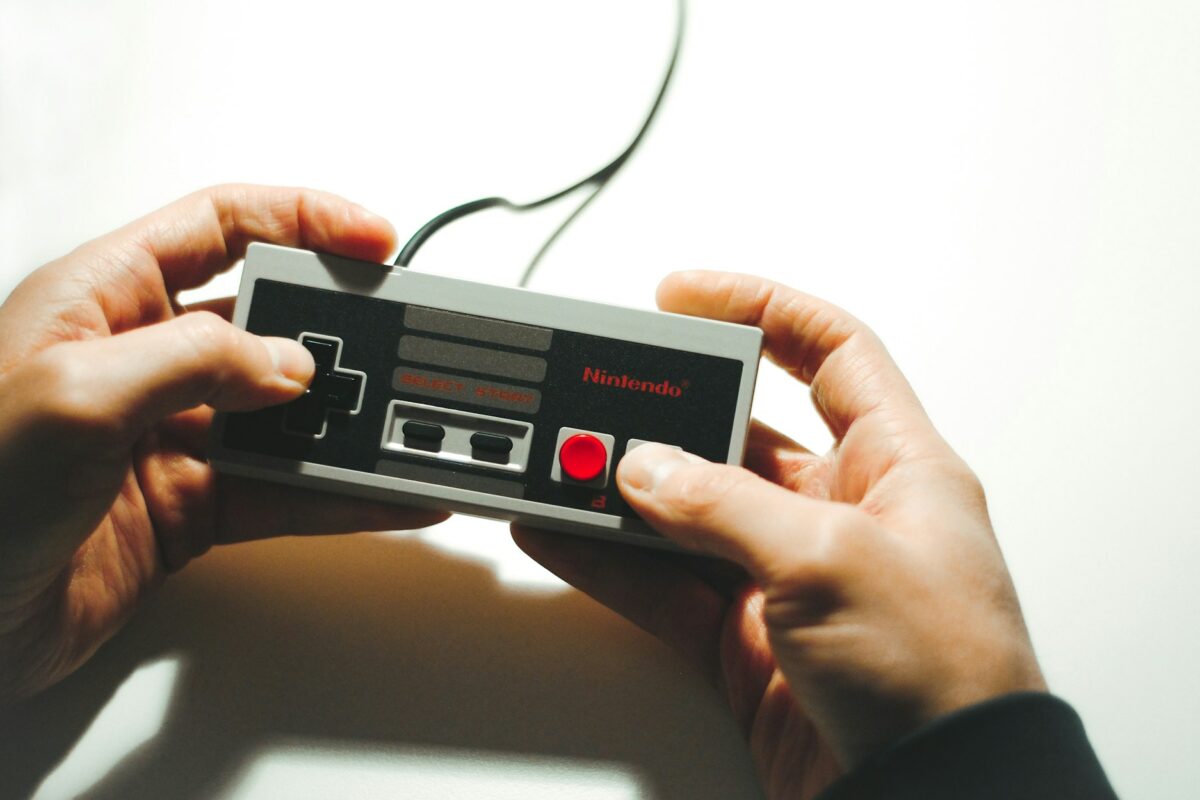Just a few decades ago, the business world believed that as much as 95% of a company’s value consisted of tangible assets. Fast-forward to today, a company’s value may be more than 75% intangible. When we define brand as the perception held in a customer’s mind that is the sum of the experiences and associations they have, the value of a brand having a favorable reputation are every bit as important as business relationships and unique intellectual property assets.
If a brand is worth building, it’s certainly worth defending.
Only an ironclad commitment to your values will suffice in defending your brand’s reputation in a polarized world, where purchase decisions are driven by emotion and are deeply personal. To build successful brands under these conditions you need to know not just what you stand for but what you stand against.
Here’s three real world examples of how brands are taking a stand to defend their most valuable asset.
Just recently, a former NFL player, Ray Carruth, was released from prison after serving nearly 20 years for conspiring in the murder of his wife, who was 8 months pregnant at the time. To protect their brand image, the NFL has blocked fans from ordering customized Carruth jerseys on NFLShop.com — continuing the policy of banning controversial names on licensed merchandise. Carruth joins other banned athletes such as O.J. Simpson and Aaron Hernandez on the NFL’s blacklist. These steps draw a line in the sand that prevent customers and fans from abusing the capability of getting closer to the brand.
Also recently, ABC debuted their Roseanne show spinoff called “The Conners” in which Roseanne Barr has been killed off. Earlier this year, Roseanne Barr dropped a racist tweet about a former Obama official which she called “a thoughtless joke.” As a network that is known for family-oriented shows, the swift decision to cancel her show, even in light of stellar ratings was dramatic. Channing Dungey, who made history in 2016 as the first African-American to run the entertainment division of a major broadcast television network, said, “Roseanne’s Twitter statement is abhorrent, repugnant and inconsistent with our values, and we have decided to cancel her show.” Quickly following that decision was a comment from Bob Iger, chairman and CEO of The Walt Disney Company (which owns ABC) saying, “There was only one thing to do here, and that was the right thing.” And streaming networks and cable channels, supporting ABC’s decision, pulled her original show off the air as well.
In the wake of an epidemic of gun violence in the US, many brands decided to end their working relationship with the National Rifle Association (NRA). Delta Airlines CEO Ed Bastian issued a company-wide memo telling employees that they were not trying to take sides in an ongoing gun control debate, even as lawmakers in Delta’s home state voted in retaliation to kill tax exemptions on jet fuel used by the airline. Bastian wrote in the memo, “Our decision was not made for economic gain and our values are not for sale. We are in the process of a review to end group discounts for any group of a politically divisive nature.”
Given that reputation and association are every bit as valuable (maybe more so) than a brand’s products and services, it’s important to treat this value as you would any other property.
Manage your brand with these recommendations in mind:
- Invest for the long-game: Determine a few areas in which investment will bolster your brand’s reputation. Right now, as we have noted in previous articles, there is a hunger for real leadership as trust in civic and media leaders is in significant decline. Jamie Dimon, Satya Nadella, Mark Benioff (pictured), Howard Schultz offer examples of how brands can rally behind transformational and empathetic visionaries. Take a look at your leadership team and provide ways for them to show off your brand’s vision and values.
- Insure against individual idiocy: Today’s 24-hour social media news cycle means every day can be an eternity, and it only takes one idiot to cause massive amounts of damage. Smart brands are guarding against this with transparent communication infrastructure and swift action. Don’t let cultural failings hide or tolerate poor behavior. It will come back to hurt you as Google is now realizing after CEO Larry Page revealed the number of senior managers who have been fired this year for misconduct.
- Vendors and partners must reflect your brand values: The same expectations your brand has for compliance and policies must extend outward to those vendors and partners that are a part of your brand. Just recently, Microsoft announced that all vendors and subcontractors would have to receive guaranteed paid parental leave. Microsoft General Counsel Dev Stahlkopf says, “Companies like us are in a unique position to create positive impact within our broader ecosystem. We’d like to focus our resources on companies that share our values.”
The Blake Project Can Help: Accelerate Brand Growth Through Powerful Emotional Connections
Branding Strategy Insider is a service of The Blake Project: A strategic brand consultancy specializing in Brand Research, Brand Strategy, Brand Growth and Brand Education




